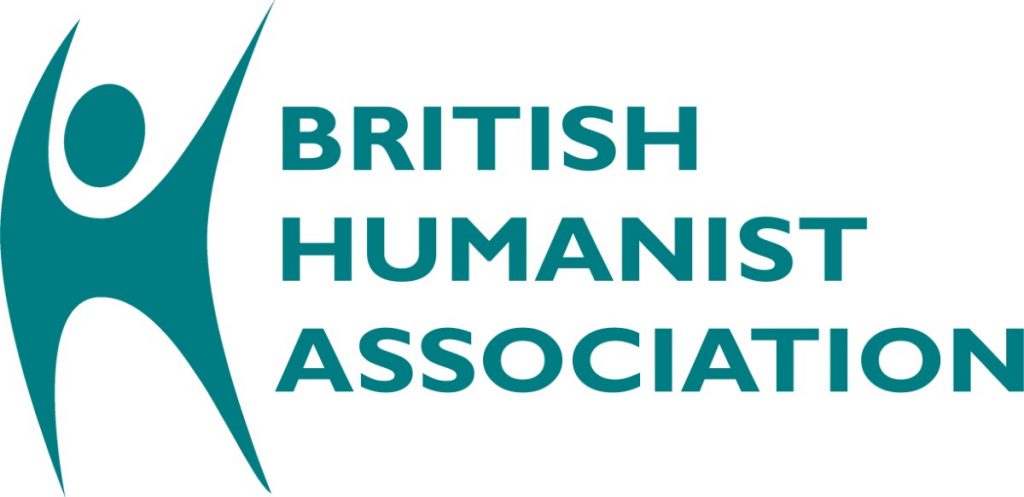BHA: Bayes’ Theorem and Historical Reasoning: How Historical Methods Can Be Improved and Why They Need to Be
On Friday 16th November, the British Humanist Association and the Centre for Inquiry UK will embark on a quest to understand historical methods and the imperative need for them to evolve.
Presented by US historian Richard Carrier, author of Why I Am Not a Christian: Four Conclusive Reasons to Reject the Faith (2011), the lecture will unpick what Bayes' Theorem, how it underlies all valid historical methods even when we don't realise it, and why knowing this can improve historical reasoning and argument in all fields of history.
Using tangible evidence as a means of historical basis, Carrier will use this method as a means to sieve through the myths, legends, and contradictions found in biblical studies, and in particular, the search for the historical Jesus.
Richard Carrier is a US historian who is perhaps best known for his series of articles for Internet Infidels, an educational website which seeks to debunk supernatural belief. Carrier received a PhD for Ancient History from Columbia in 2008 and has written widely on atheist philosophy, as well as on the origins of Christianity. His work includes Not the Impossible Faith (2009), and Sense and Goodness without God: A Defence of Metaphysical Naturalism (2005).
Notes
Date: Friday 16th November 2012.
Time: 19.00 for a 19.30 start.
Venue: Stamford Street Lecture Theatre, Franklin Wilkins Building, Waterloo Campus, King’s College London, 127 Stamford Street, London, SE1 9NQ
Tickets: £7 general, £5 students and BHA members.
Full details of the event can be found at http://www.humanism.org.uk/meet-up/events/view/207
Press passes and interviews:
To register your interest for a press pass or for more information, please contact Sara Passmore at the BHA on 020 7079 3586 or sara@humanism.org.uk
About Humanists, Humanism and the BHA:
Throughout recorded history there have been non- religious people who have believed that this life is the only life we have, that the universe is a natural phenomenon with no supernatural side, and that we can live ethical and fulfilling lives on the basis of reason and humanity. It is one of the main purposes of the BHA to increase public awareness of what Humanism is and to give greater confidence to people whose beliefs are humanist by offering resources so people may develop their knowledge of humanist approaches to some of the big ethical, philosophical and existential questions in life.
About the Centre for Inquiry UK:
CFI UK’s primary aim is education, with the focus on the three following areas:
(1) The application of science and/or reason to questions regarding religion and the supernatural(e.g. divinity and parapsychological questions, etc.)
(2) The application of science and/or reason to pressing contemporary ethical dilemmas and social/ political problems (e.g. stem-cell research)
(3) The question of what is, and what is not, good science (e.g. is cold fusion or magnet therapy good science?)





-01.png)